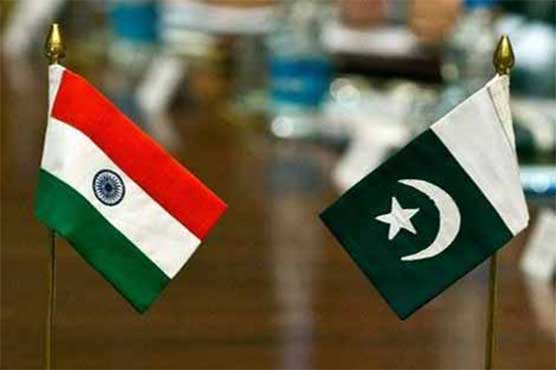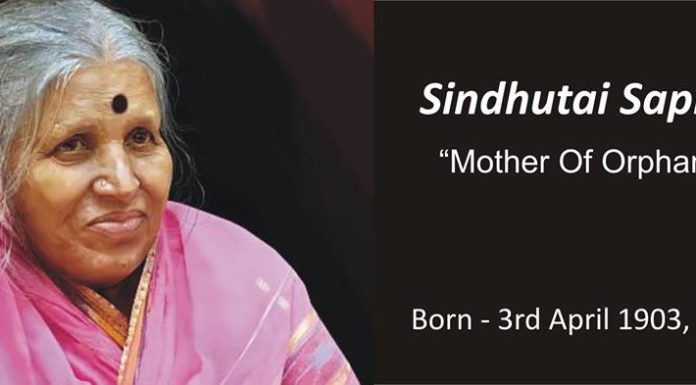Political stability at home is the bulwark of a consistent and pragmatic foreign policy of a nation. Now that India has a single party majority government with a strong leader as its head, there is a strong chance of achieving what we haven’t been able to do since independence – normalisation of relations with Pakistan. While India has been keen to establish normal relations with Pakistan through continuous dialogue, trade, cultural exchange and diplomacy, Pakistan has been thwarting these efforts through its policy of bleeding India by inflicting a thousand cuts.

It is not that previous governments did not take laid down actions and reactions, including going to war. The truth is that our policy has been a series of flip- flops. We commence diplomatic efforts of “comprehensive dialogue” and back channel talks till next terrorist strike wherein after we suspend the talks till pressured again by domestic and international opinion. We have gone through periods of conflict and dialogue with Pakistan without being able to shape a relationship acceptable to both sides. From 1947-48 invasion of Kashmir to 1965 and 1971 wars to Kargil, Mumbai, Pathankot and Uri, India has been the aggrieved party; however, the onus of restarting dialogue has been always with us.
Thus with Pakistani establishments bent on inflicting damage to our resources, personnel, image and self-respect, should India follow the path of dialogue with Pakistan or cut her off till she rescinds the path of terrorism? For the last 70 years, no Indian government has found a solution to our Pakistan problem. With Nehru it was Kashmir and UNO, with Shastri it was Tashkent, with Indira it was Bangladesh and Shimla, with Atal bihari Vajpayee it was Kargil and Agra while for Manmohan Singh it was Mumbai and Sharm el-Sheikh. Unfortunately there has been no progress in normalization of relations between the two countries irrespective of continuing or suspending dialogue in the backdrop of continued terrorist attacks in India emanating from the soil of Pakistan.
The root of the problem lies in unrelenting hostility in the psyche of Pakistan – government, Army, ISI and to some extent general public. Horrors of partition are still haunting them equally, if not more than Indian counterparts. What drives their anti-India policies? Unrealized territorial claims on Kashmir, religious antagonism, fear of losing its identity if relations with India became normal, the control of the armed forces over the country’s India policy, and the Pakistan army’s thirst for revenge for liberation of Bangladesh (with the humiliating military defeat resulting in surrender of 90000 troops to Indian forces) drives their hatred. Since they cannot win or obtain favourable result through an all-out war due to Indian military superiority, the policy of employing “Non State Actors” or “Fourth Generation Warriors” is being used.
If we continue official dialogue with Pakistan, some people feel India will be seen as a perennial soft state and it will give hardliners more opportunities to attack us. If we don’t, then hawkish lobby starts talking of escalating the situation to a war with nuclear threat hanging like a dominical sword. Since Pakistan views terrorism as tool to pressurise India into the dialogue process to obtain material concessions, we must call off its bluff. We must continue to talk but not provide material gains Pakistan hopes to get through these uninterrupted talks. Some suggested methods to support the continuing dialogue are listed below:-
(a) Every time we commence dialogue, some or the other terrorist strike dislodges the process. So we need to prepare ourselves with active defence against such strikes by reinforcing our intelligence network and defence preparedness.
(b) Our policy towards Pakistan must have unpredictability in the response to provocations and not follow the long seen sulking and patching up routine.
(c) Our military options must be planned below the nuclear threshold and exercised whenever needed.
(d) We must identify Pakistan’s internal fractures and using a diplomatic strategy leverage it to side line Pakistan Army and ISI from their policy making process.
(e)We must leverage our influence in the region (SAARC and BIMSTEC) and comity of nations to effectively orchestrate tangible response from Pakistan.
(f) Increased economic and cultural ties can influence public opinion which can result in out of the box solutions for lingering issues like Kashmir and Siachen. Only concern would be to ensure that Pakistan is not the beneficiary, but rather a contributing partner with high stakes on its side.
Continuing a comprehensive dialogue with Pakistan is a necessity which can be leveraged to own advantage by suitably tweeking the terms of engagement and padding with both positive and negative motivational actions as listed above. India must talk to Pakistani government, NGOs, Academicians, Intelligentia and general public at various forums and levels thus denying the space needed by hardliner / army to create friction between the two nations. Simultaneously we must eliminate the fissures in our own country which are exploited by vested interests from across the border in creating a negative environment.






























